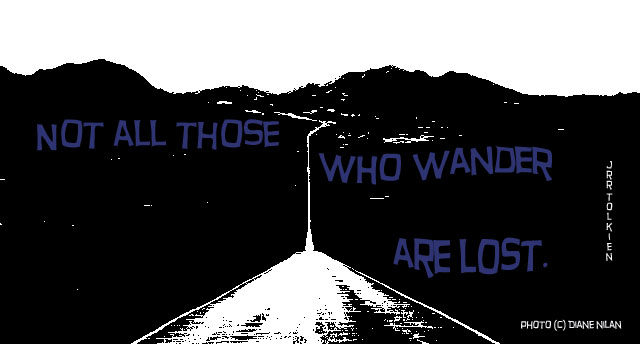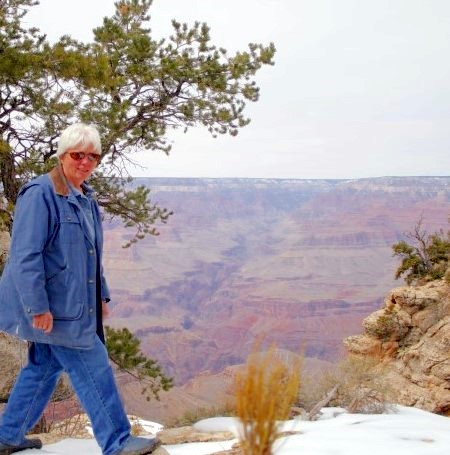
I walked around a swanky Portland, OR mall, seething. The irony of me parking Tillie in swanky mall parking lots, my grungy, road-weary motorhome/office bearing signage referring to homelessness, usually makes me chuckle. Not tonight.
Earlier I had a conversation with a long-time friend who is, um, worlds apart from me in some ways. She's a financial planner. I'm a former shelter director turned national activist-filmmaker for homeless families and youth. Our paths crossed at the shelter I ran. "Jackie" led her church's group of volunteers who served on a monthly basis.
The conversation that has me (still) seething was irrelevant, except when Jackie sorta snapped at me as I expressed hesitation to raise postage on our HEAR US stuff because, well, I don't want to gouge our customers. "The economy isn't doing as bad as people say," snarled my Republican friend, who went on to say if people would be hurt by tossing another buck for postage, well...and I'm not sure what she may have said after that. My ears shut down.
Perhaps I hang with the "wrong" folks, skewing my perspective about how well the economy is doing. After all, here in OR where I spent several days last week rubbing shoulders with people who work for the schools or run homeless shelters, I can't tell you the number of conversations I had with people who themselves or someone close to them was losing their job, having hours cut or some version of financial suffering.
Walking to Borders (one of the chain's still-open stores) to grab 2 paperbacks I was looking for, I searched for the economic lens to change my vision. This outdoor mall was not brimming with consumers. The conversation between 2 Borders' employees was about schedule cuts. I stood in line with families that seemed to be doing OK. At least the mall wasn't filled with stores that have gone out of business.
I saw a security guard, one of those underpaid deceptive bastions of safety, and resisted the urge to ask him if all was well with his financial status.
My morning news read included a story about quality teachers and their paltry pay scale. One respected teacher goes from school to a part-time job which gets him home after 11 at night. It's the only way he can make ends meet for his family, a sacrifice to say the least, for him, his family, and I suspect his students.
The workers in this tony mall probably would argue the "good economy" theory. I often wonder what the Whole Foods' associates think as they package meat costing more than their paycheck and handing it to a clueless customer. Sure, they're happy for their jobs, but the gap between what they earn and what they need to survive, much less get ahead grows, along with it disenchantment.
My perspective of the economy may be colored by a few numeric indicators:
- The number of children in this country living in poverty is at a record high, 25%. I see kids living in poverty and what it does to them. Not pretty.
- The number of foreclosures and related evictions continues to skyrocket, with millions losing their homes--their American Dreams--each year. The emotional (and other) damage that occurs when a household is sinking into foreclosure is, well, ugly.
- The number of kids in school who have no homes is well over a million, with school districts nationwide reporting numbers doubling. This number has shot up during our economic (boom, bust, you pick).
- The number of homeless infants and toddlers spending their formative years without a home is at least hundreds of thousands, probably over a million (the subject of our new documentary, "Littlest Nomads," that I'm filming this month).
- The number of people on waiting lists for subsidized housing is off the charts--waits up to 10 years, meaning housing insecurity and increased risk of homelessness.
- The number of people turned away from shelters, or not finding shelters at all, is not accurately documented by government entities, but anecdotal accounts from a variety of sources confirm homelessness is on the significant, tragic rise.
- The number of shuttered businesses and "For Sale by Owner" signs I've seen as I've traversed this nation's backroads is incalculable.Trust me. It's huge, and under-reported.
Being right, as I sure I am, is no prize. It causes me to wonder about my friend Jackie and countless other clueless, confused, and sometimes cruel people. Is it Darwinian denial? Or is it a concerted effort to wish away poverty and homelessness just by saying it ain't so?
Seems to me we should get a good public relations firm to convince people that poverty and homelessness are alive and well. The message--in the many forms we've tried to present it--doesn't seem to be working.





